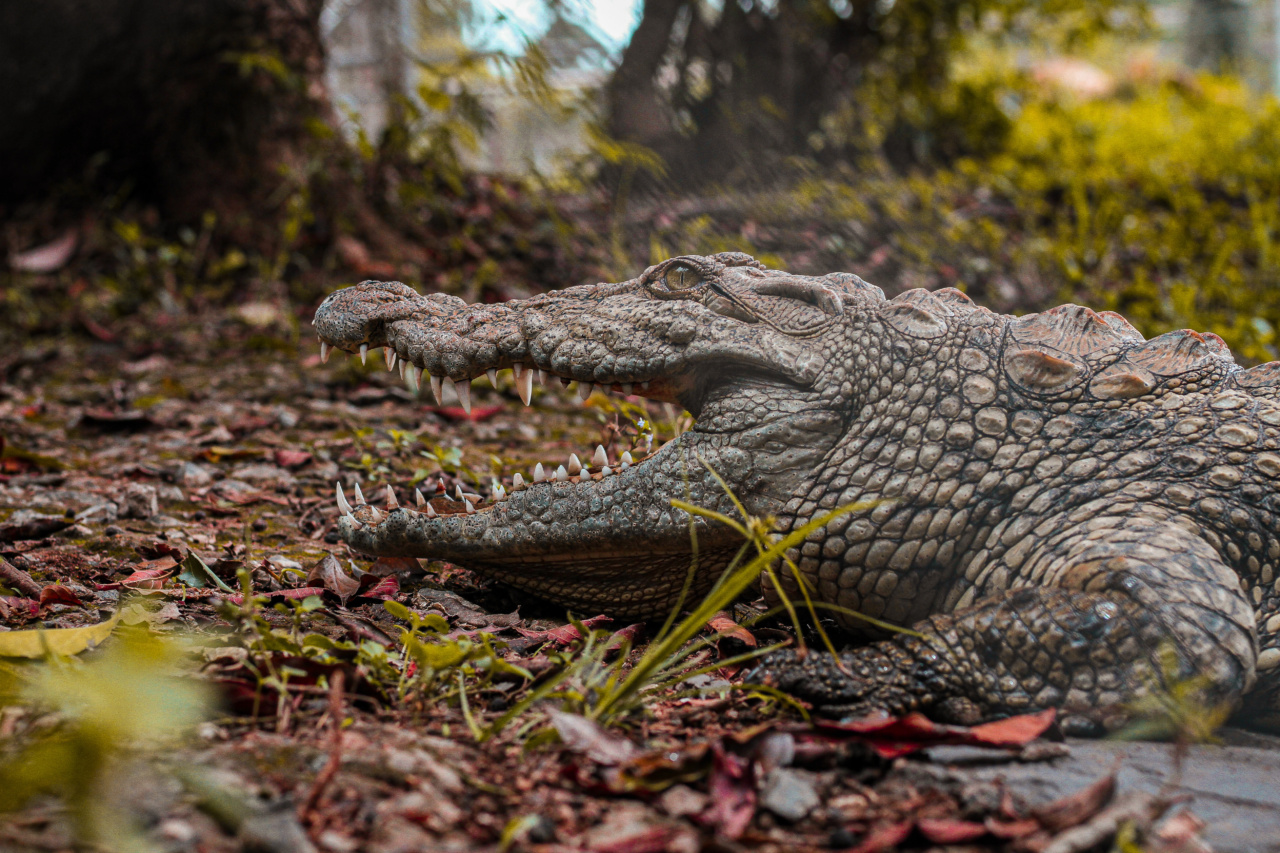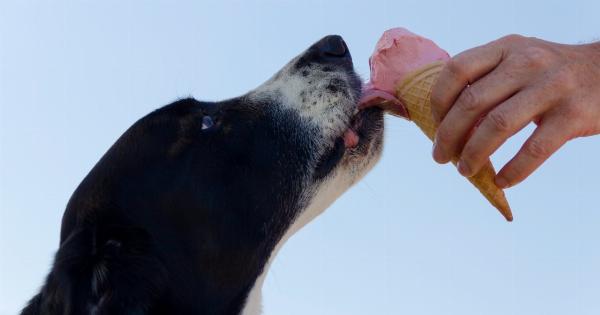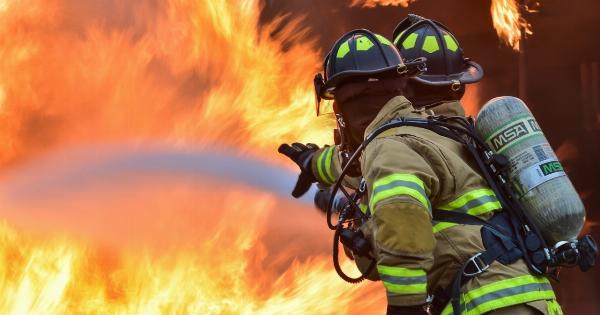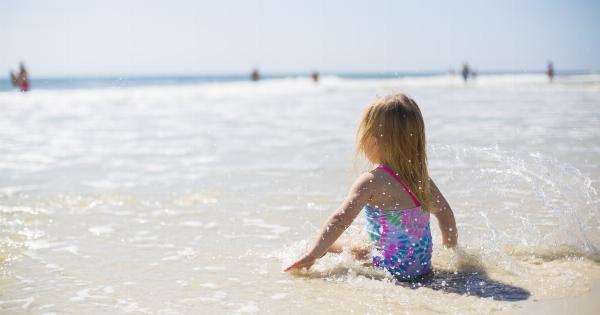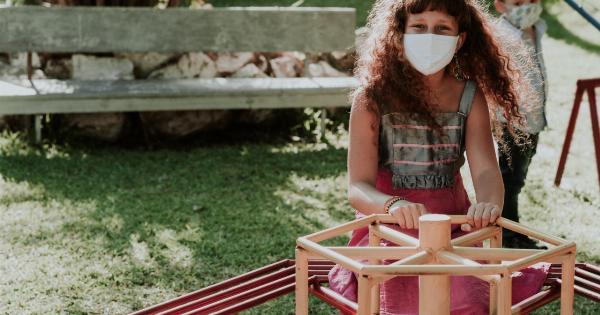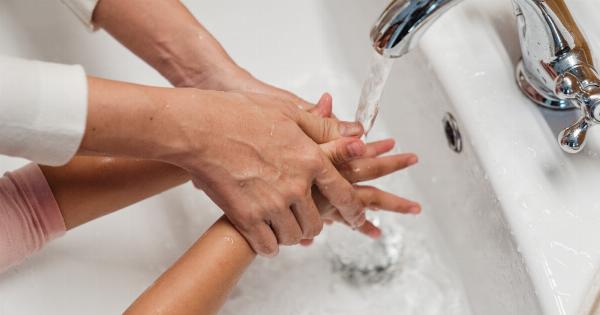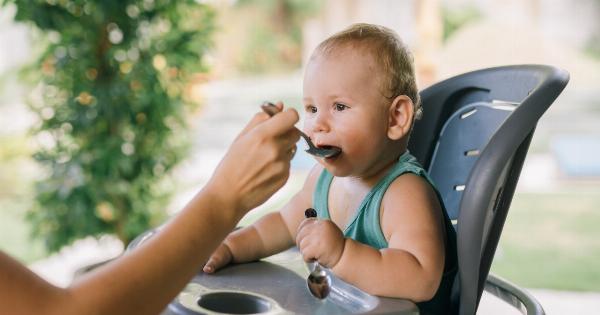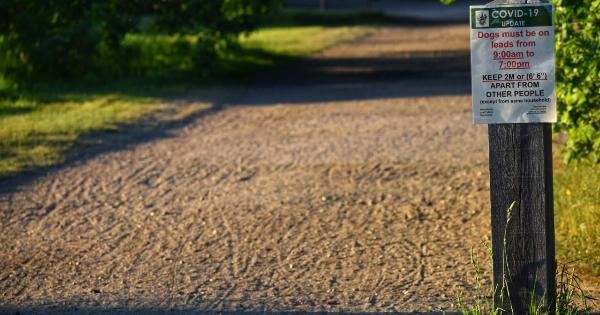As parents, one of our top priorities is to keep our infants safe and protected from harm. However, there are several potentially dangerous situations that can put our little ones at risk.
It’s crucial to be aware of these situations and take necessary precautions to prevent any accidents or injuries. In this article, we will discuss ten dangerous situations for infants and provide tips on how to keep them safe.
Choking Hazards
Infants have a natural tendency to put everything they can reach into their mouths. This can lead to choking hazards, especially with small objects such as coins, buttons, or toy parts.
It is vital to keep small objects out of their reach and ensure that all toys and accessories are age-appropriate and free from small detachable parts.
Unsafe Sleep Conditions
An unsafe sleep environment can greatly increase the risk of Sudden Infant Death Syndrome (SIDS) and suffocation. Make sure your baby sleeps on their back on a firm mattress without pillows, soft bedding, or stuffed toys.
Additionally, avoid co-sleeping unless recommended by a healthcare professional.
Drowning
Infants can drown in as little as an inch of water, making any source of water a potential danger. Always supervise your infant during bath time and never leave them unattended near pools, bathtubs, or buckets of water.
Empty all containers and bathtubs immediately after use.
Electrical Outlets and Cords
Uncovered electrical outlets pose a significant risk to infants who may try to insert their fingers or objects into them. Use outlet covers or guards to prevent accidental shocks.
Additionally, keep all cords out of your baby’s reach, as they may pull on them or become entangled.
Hot Surfaces and Liquids
Infants have sensitive skin and are more prone to burns. To prevent accidents, ensure that all hot surfaces, such as stovetops and radiators, are properly secured and inaccessible to your infant.
Be cautious while handling hot liquids and never leave them unattended near your baby.
Unsafe Furniture and Falls
Unsecured furniture poses a risk of tipping over and causing serious injuries to infants. Anchor all heavy furniture pieces, including bookshelves and dressers, to the wall.
Ensure that cribs and playpens meet safety standards and always keep an eye on your baby to prevent falls from elevated surfaces.
Poisoning
Infants often explore their surroundings by putting things in their mouths, making them susceptible to accidental poisoning. Store all cleaning products, medications, and toxic substances out of reach in locked cabinets.
Be cautious when using common household items, such as laundry detergent pods, as they can be extremely dangerous if ingested.
Sharp Objects
Scissors, knives, and other sharp objects should always be kept well out of an infant’s reach. Be mindful of any objects that may have sharp edges or points, even those seemingly harmless. Keep them stored securely or in locked drawers/cabinets.
Unsecured Pets
While pets can bring immense joy and companionship, they may also pose a risk to infants, especially if they are large or not familiar with small children.
Always supervise interactions between your baby and any pets and teach your child how to behave around animals. Avoid leaving your infant alone with pets.
Car Safety
Car accidents are a leading cause of injury and death among children. Ensure that your infant is always properly secured in an age-appropriate car seat.
Avoid holding your baby in your arms while traveling, as this exposes them to the risk of being harmed in the event of an accident.
